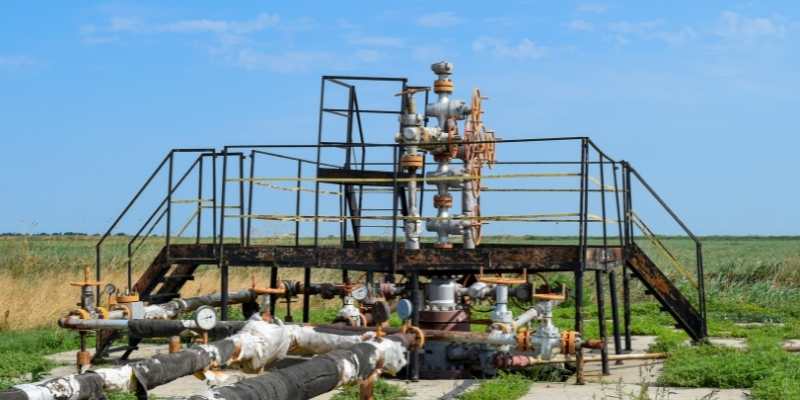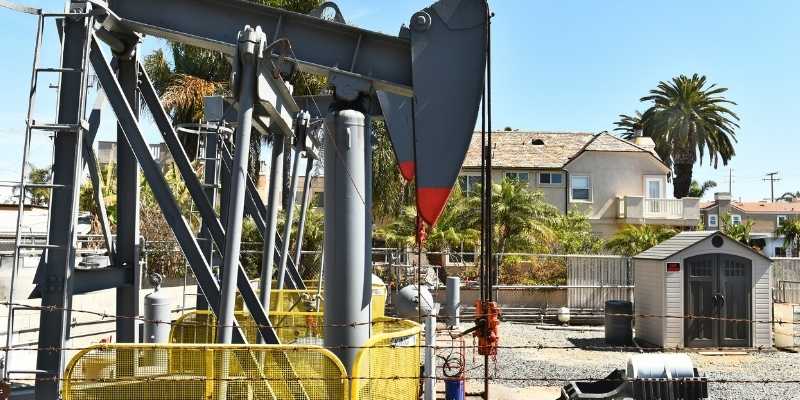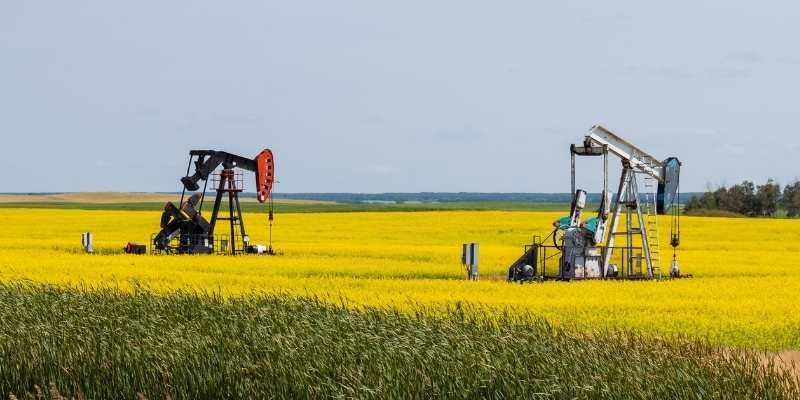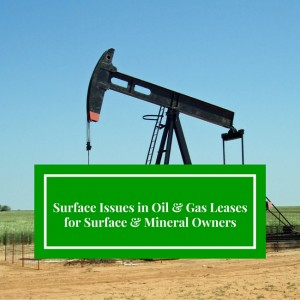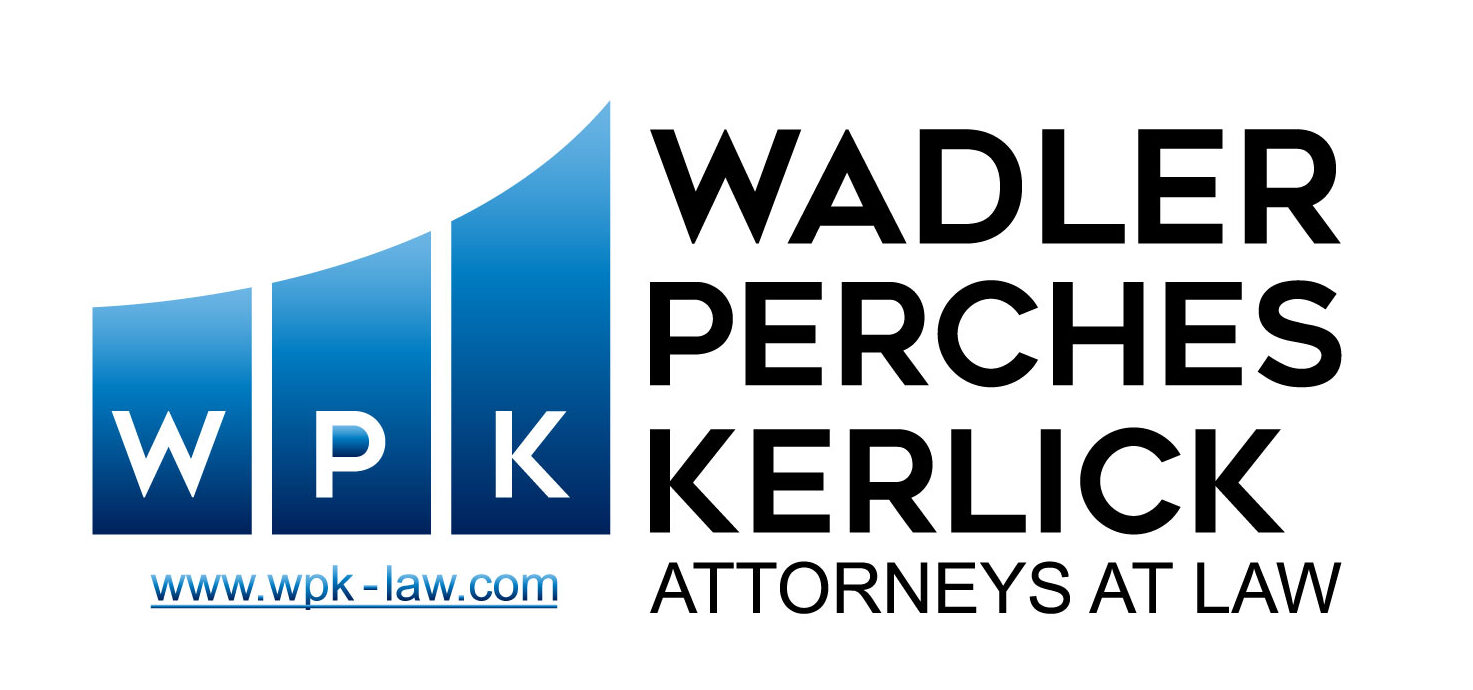If you’re a surface owner and a mineral owner and you’re approached by a landman for an oil or gas lease, that lease will determine how the oil and gas production company can use the surface of your land. You should talk with an attorney experienced in oil and gas leases before you sign.
In this video, Attorney and Partner Ray Kerlick talks about some of the issues relating to surface use that should be considered in reviewing an oil and gas lease for surface and mineral owners. He also has a video explaining the typical provisions of a Texas oil and gas lease.
Summary of Surface Issues for Surface and Mineral Owners.
Hello, my name is Ray Kerlick. I’m a partner at the law firm of Wadler, Perches, Hundl, and Kerlick in Wharton, Texas. Today I’ll talk with you about oil and gas production in Texas and specifically the surface damages and the use of your surface as a landowner in Texas.
In Texas, “oil and gas” and “surface” are two different interests potentially. Most of us are familiar with this idea that different people may own the surface and own the minerals or the oil and the gas. Right now, I’m going to focus on the issue of someone who is both the surface owner and the mineral owner.
When dealing with an oil and gas company, the way to keep your rights is to put them in writing. There is a legal document called an oil and gas lease and it specifies exactly what can and can’t be done for the most part, when dealing with oil and gas production. This is a legal document and we would always recommend that you consult with an attorney of your choosing to discuss the terms and negotiate the terms that will be applicable.
What’s Favored in Texas — Surface Use or Oil & Gas Production?
Let’s talk a little bit about surface use. The first thing to keep in mind is in Texas oil and gas production is favored. That means that the oil and gas company will always have the right to enter onto the surface to produce oil and gas. The general rule is that the oil and gas company can put a well, or a tank, or a pipeline anywhere on your leased property to best produce the oil and gas.
Now there are certain exceptions in terms of spacing next to your house. There are field rules and general rules that deal with how close a well can be to your house. But typically, these are going to be unsatisfactory because oftentimes they’re 250 feet or 500 feet at the max. Most people want a little bit more space between them and an oil well than that.
What are Some Typical Surface Issues Affecting Surface and Mineral Owners?
The best way to handle this is through putting some provisions into your oil and gas lease that deal with how the oil and gas company has access to your property, how they leave your property, and where they can put equipment, pipelines, and tanks on your property.
Access to Your Property
So again, some common provisions have to do with access. In most situations, the oil and gas company will want their own gate to your property. Typically, that’s built at their expense and the issue becomes who has access through this gate.
You can specify who has access through this gate in a lease. You can also specify what type of gate is built, whether it’s cattle-proof, what kind of lock it has on it, who has the keys to that lock, what type of access during times of day can be had through that gate.
Fencing on Your Property
Now all these provisions are things that are negotiated and you won’t always get exactly what you want but at least you’ll know some of the ideas that we’re dealing with. A similar thing has to do with fencing and cross fencing your property. Typically, the oil and gas company will fence off the area around the well, and that’s for your protection as well as theirs.
Concerning cross-fencing of your property, some provisions deal with how they keep up those fences, how often they have to check them, how tight they need to be. These can also be specified in the lease itself.
Roadways on Your Property
Other issues have to do with roadways. Typically, a new roadway will be built out to the well. It will be maintained by the oil and gas company. And typically anything that the oil and gas company builds will be left and become your property after they leave. But again, these are all things that have to be negotiated within the terms of the lease.
Hunting on Your Property
Finally, issues dealing with hunting. This is typically something that most of the landowners are interested in. We want to make sure that the oil and gas company is not entitled to access the property for any reason other than producing the oil and gas well. They’re not entitled to hunt, to farm, to fish to otherwise use your property except for their limited purposes of getting out to the well and actually producing the oil and gas.
Water on Your Property
The same is true of the water on your property. Water is your water. It typically goes with the surface and therefore they are not entitled to use that water unless they reach an agreement with you.
So again, when negotiating an oil and gas lease, keep in mind that as the surface owner and the mineral owner you have a lot of rights that you are entitled to enforce. In any event, we look forward to talking with anyone who may have questions about these items and we appreciate your time.
Call Us if You’re Considering Signing an Oil & Gas Lease as the Mineral Owner
The attorneys of Wadler, Perches, Hundl & Kerlick have been helping clients with oil & gas production issues and reviewing oil & gas leases for clients for many years. That long experience combined with the values that come from our small-town roots makes us the law firm you want advising you during negotiations for an oil & gas lease.
Call or text us at 800-929-1725. We have five offices to serve you in Wharton County, Matagorda County, and Fort Bend County. Appointments can be in-person, online, or by phone.

